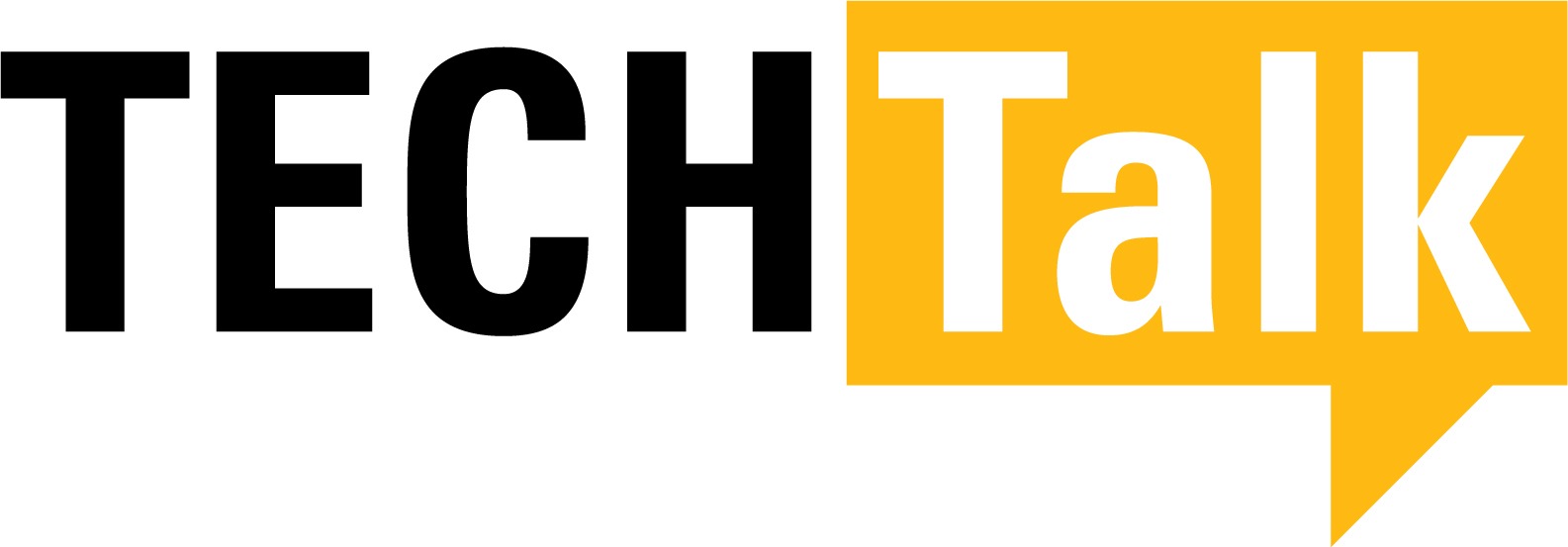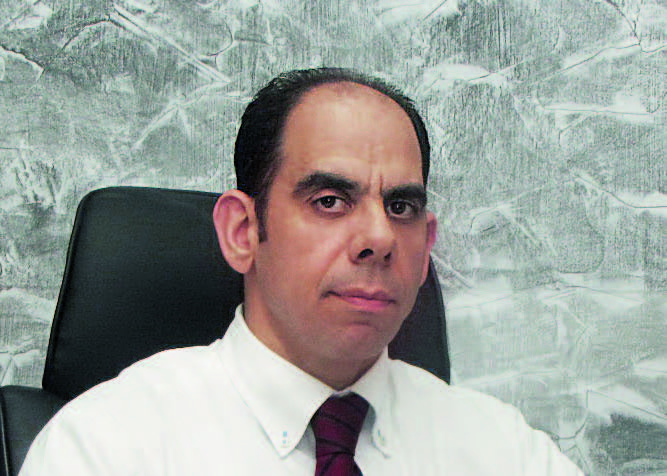

What are the latest technologies finding their way into hotels and restaurants?
Some of the most obvious trends include:
1. QR codes, especially in F&B and to replace in-room compendium
2. Miracast: allowing guests to play their own content on their in-room TV
3. Self-ordering POS systems that allow guests to order their own food and drinks
4. Mobile and alternative payment systems
5. Software as a Service (SaaS): keep moving systems to the cloud
6. Internet of Things (IoT): bringing a mountain of new data to hotels and restaurants
7. Service Bus technology – the end of PMS being the central system
8. Open API: a new era of technology collaboration and the removal of data silos
9. Facial recognition: removal of receptions and check-in procedures
10. Voice recognition: an in-room feature as well as an operational tool
Which hospitality tech products do you recommend?
Guest-messaging applications allow you to have real-time communication with guests before, during and after their stay.
You can push promotions and upgrades, bypass OTA platforms and increase guest engagement. It is also an exciting tool for hotels with multiple locations, as you can centralize activities.
How did Covid-19 affect the use of technology in the hospitality industry?
We have seen more technological advancement in hospitality during the pandemic than anything we have witnessed in the last 10 years. Concepts such as QR codes and mobile keys, which should have already been mainstream, were instantly adopted.
I believe a completely new customer journey will come out of Covid-19. For example, you can say goodbye to hotel receptions.
What are the technology trends you anticipate in 2022?
I predict a real-time environment due to the increased usage of IoT. Facial recognition and facial identity will also shift to hotels, removing the need for check-in procedures; airports are already doing this. We will even be able to pay for dinner and drinks through facial recognition.

Senior lecturer and manager of the Institute of Business Creativity (IBC)
Ecole hôtelière de Lausanne
ehl.edu
How did Covid-19 affect the use of technology in the hospitality industry?
Restaurants and hotels today are searching for ways to cope with the dynamic change of our community behavior during this global pandemic. The question remains how to dazzle your guests and create “wow moments” in this socially distanced era.
Today’s technologies are not enhancing hotel operations or engaging new information systems. They are rather introducing new tools to monitor, control and manage guests as well as their own resources — people and space — within this contactless world. At hotels, from the moment of arrival to using the hotel’s gym, restaurants and public spaces, technologies are providing guests with unforgettable experiences while keeping them safe.
Live promotion on live streaming platforms
The main role of information and communication technologies is to facilitate operational transactions and provide relevant information for decision makers. On the other hand, social media has considerably changed service industries by providing real-time connectivity among businesses and internet users. Social media is offering hotels, restaurants and the entire industry platforms to engage, promote and sell their products. Many hotels and resorts have turned to the latest popular online entertainment trend — live streaming. Some collaborate with celebrities who act as guides, introducing the hotel or resort and announcing special offers and discounts. Live conferences has replaced face-to-face events.
Facial check-in services with AI temperature checks
AI has proven to be even more beneficial to hotels. For example, the ease and efficiency of check-in and check-out procedures are improved by giving hotel guests access to their rooms/venues using facial recognition software. Due to the coronavirus, facial recognition hardware companies have developed a solution for non-contact body temperature measurement plus facial recognition to meet the rapid need to control the virus.
This technology reduces the risk of cross infection and also improves traffic efficiency. Robots for F&B room services and housekeeping deliveries Covid-19 is prompting several industries to adopt contactless options. Robots are being used in Guangzhou hotels for roles that hotel staff cannot perform during the pandemic. From preparing in-room dining services to delivering housekeeping items, robots are being used on the frontline to protect hotel guests and employees while enhancing service quality and customer satisfaction.
What are the technology trends you anticipate in 2022?
It is clear that the hospitality industry is moving toward trends that will reshape the usage and consumption of technology, from developing new order and delivery-tracking apps to contactless check-in/check-out options and keyless room entry. In addition, we are witnessing a wide application of service robots and artificial intelligence systems, such as infrared wall mirrors, density sensors and contactless concierge services. More than ever, hoteliers will be relying on technology to cut their costs, especially labor.

IT Consultant














